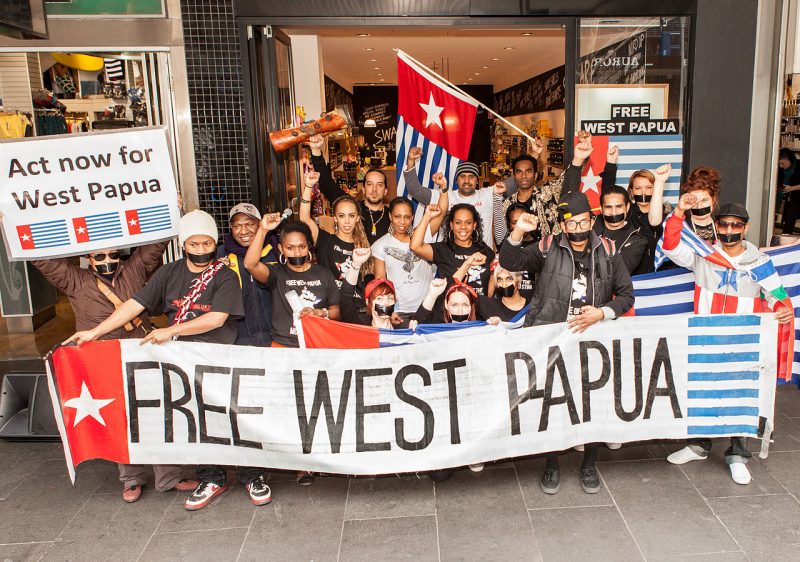The government has made serious efforts in settling the issue of Papua independence and would like NGOs in New Zealand to understand that the situation has been improving.
Tantowi Yahya, Indonesian ambassador-designate to New Zealand, aims to make things clear with the South Pacific nation about the improving conditions in Papua and West Papua while completing his duties in Wellington next year.
“The Papua issue has been intensely debated in New Zealand by NGOs [supporting Papua’s separatist movement]. They stage rallies at the Indonesian Embassy, in public spaces and even on university campuses,” the politician said. as quoted by The Jakarta Post.
According to Yahya, Papua and West Papua have made much progress due to the government’s commitment in developing the regions. Yet unfortunately, a lot of people in New Zealand, who support the separatist movement, are still unaware of this recent change.
“While the [protest] movement has remained small, we still have the responsibility to address the issue, especially since they cite outdated information that no longer reflects the reality on the ground,” he said.
Yahya further assured that Papuans would still very much like to be part of the Indonesia, so it is important for New Zealand to respect the archipelago in handling this matter.
“It is my duty to present accurate and up-to-date information to shift the perceptions that New Zealand and other Pacific countries have about Indonesia: it is not true that Papuans yearn for independence.”
For the past few years, the Indonesian government and the Papuans have reportedly been involved in an ongoing conflict. Papuans have called on the government to issue a referendum due to discrimination, neglect and cultural and historical differences.
Last September, the Jakarta Legal Aid Institute (LBH Jakarta) demanded that the government stop denying reports of human rights violations in Papua, during the United Nations General Assembly.
“From Aug. 13 to Sept. 16, 112 protesters were arrested while carrying out non-violent rallies in several places in Papua and Jakarta,” LBH announced.
Further, the institute revealed that as many as 4,198 Papuans were arrested from the period of 2012 until June 2016. It remains unclear whether or not the government would eventually grant Papua the referendum.
Featured Image via Wikimedia Commons




